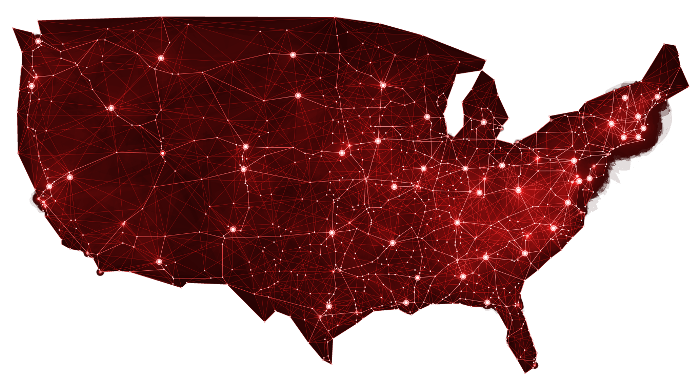Continuing in our series of franchising definitions, today we are reviewing the franchise confidentiality agreement.
 When buying into a franchise, a new franchise owner, by law, has to be presented with the Franchise Disclosure Document (FDD) 14 days or more prior to purchasing the franchise opportunity. The document basically outlines everything about the franchise that the potential buyer would need to know in order to make a properly informed decision. But it’s just an informational document, and it doesn’t protect the franchisor or the franchisee.
When buying into a franchise, a new franchise owner, by law, has to be presented with the Franchise Disclosure Document (FDD) 14 days or more prior to purchasing the franchise opportunity. The document basically outlines everything about the franchise that the potential buyer would need to know in order to make a properly informed decision. But it’s just an informational document, and it doesn’t protect the franchisor or the franchisee.
When the franchise agreement is signed, a confidentiality agreement / clause and a non-disclosure document are almost always included, which protect trade secrets and expertise from being misused by those who have learned of them. The documents state that current and former businesses are not allowed to disclose any information about the franchisor’s intellectual property. The business systems, financial information, customer information, designs, procedural documents, and anything else that can be considered harmful to the company’s value if disclosed to the competition, all fall under the confidentiality agreement and non-disclosure document.
While there are a lot of aspects of a franchise that can be considered intellectual property or trade secrets, the confidentiality agreement does not include any information that is publicly available and already known by other businesses and competitors.
A non-compete clause protects the franchisor by blocking a franchisee from using any trade secrets when operating a business in the same territory or industry that is not part of the franchise.
If you have any questions about franchise consulting, how to start a new franchise, or how to get your franchise to the next level, we would be happy to help. We offer a free initial consultation.


